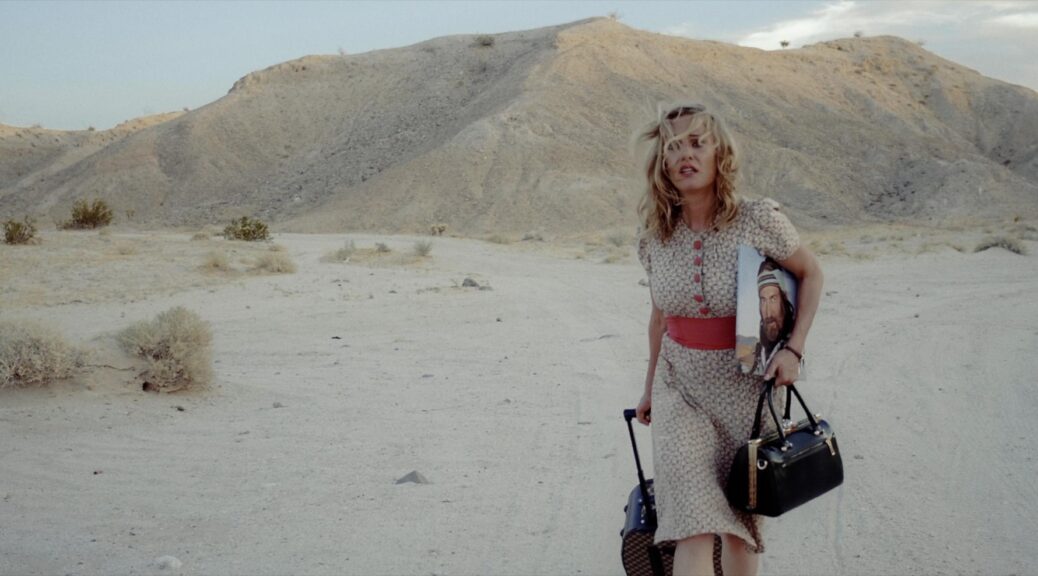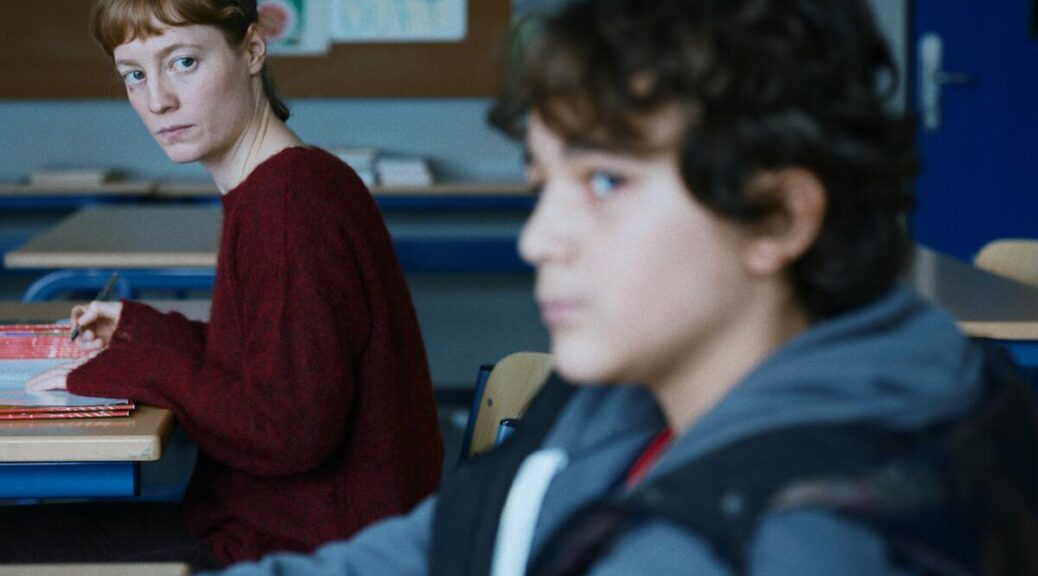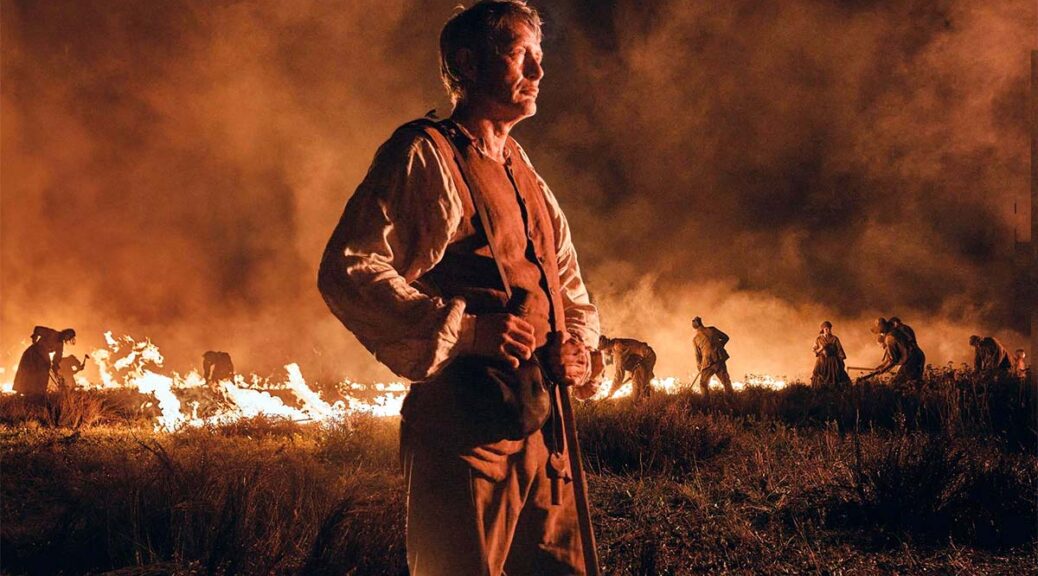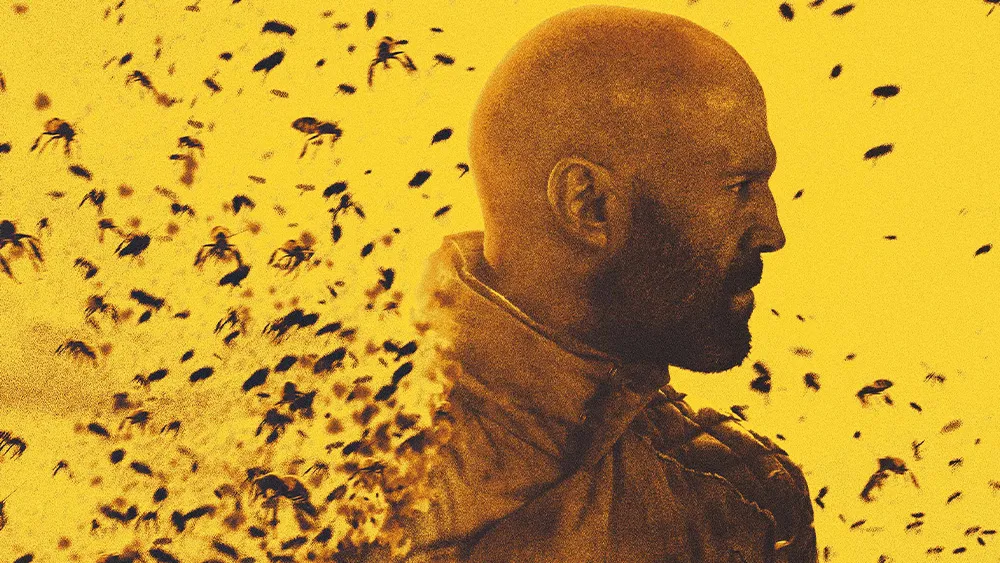by George Wolf
When I was a kid watching the Oscars, I remember always being perplexed by short film categories. How do people manage to see these shorts?
Good news, kids, it’s gotten much easier. Not only do we now have ShortsTV, but in the last several years, all the nominated shorts have been packaged by category for theatrical showings. And in the cases where the combined run times don’t reach feature length, some bonus shorts are added to the programs.
In this year’s Live Action group, we get four tear-jerkers, two big plot twists and one Wes Anderson cavalcade of whimsy. Enjoy.
Invincible 30 Mins. Writer/director: Vincent René-Lortie Canada
Based on the last 48 hours in the life of Marc-Antoine Bernier, a 14 year-old boy struggling with incarceration in a youth centre, Invincible finds humanity amid heartbreak.
Young Léokim Beaumier-Lépine gives a terrific performance as Marc, whose continued outbursts have put his weekend visits home at risk. Marc has shown himself to be both smart and talented, but has not responded well to his confinement. The situation is also beginning to take a toll on his younger sister, Justine (Élia St-Pierre).
René-Lortie brings an artful touch of grace to this tragic story, allowing a troubled spirit to soar toward freedom.
Knight of Fortune 25 mins. Writer/director: Lasse Lyskjær Noer Denmark
Karl (Leif Andrée) has come to the morgue for a last look at his beloved wife. He’s told to be prepared for the changes in her appearance, but he can’t quite bring himself to open the coffin and accept that she is gone.
In the restroom, Karl meets Torben (Jens Jørn Spottag), another grieving widower who would like Karl to accompany him to the room with his own late wife’s coffin, and help him say goodbye.
The men’s quick bond is bittersweet and warmly funny. And when Karl learns some surprising facts about Torben, the film becomes a wonderfully touching message about love, loss, and what it takes to keep moving forward.
No trailer available
Red, White and Blue 23 mins. Writer/director: Nazrin Choudhury United State
Brittany Show stars as Rachel, a struggling single parent in Arkansas who is suddenly faced with an unwanted pregnancy. She’s forced to cross state lines for the care she seeks, and Rachel’s choices seem fairly clear cut.
Until they’re not.
Choudhury, a veteran TV writer directing her first film, drops a major twist that changes everything we thought we knew about Rachel. Yes, what follows comes on pretty strong, but Choudbury isn’t interested in whispering, and there’s an urgency in Red, White and Blue that can’t be denied.
The After 19 mins. Writers: Misan Harriman and John Julius Schwabach Director: Misan Harriman United Kingdom
The first of two Netflix films in this group, The After finds Dayo (David Oyelowo in fine form as always) struggling to accept unspeakable tragedy.
Sleepwalking though what’s left of his life, Dayo takes a job as a ride share driver. The lack of personal interaction seems perfect for Dayo’s desire to withdraw, until a certain passenger forces him to confront the past.
The film is not subtle, but Oyelowo’s turn is deeply affecting, allowing The After to speak clearly through the tears.
The Wonderful Life of Henry Sugar 37mins. Writer/director: Wes Anderson. U.K./U.S.A.
One of three short films Wes Anderson produced for Netflix last year, Henry Sugar unfolds like a delightful pop-up book being presented to us by a breathlessly enthusiastic troupe.
Benedict Cumberbatch, Dev Patel, Ralph Fiennes and Sir Ben Kingsley lead a stellar ensemble that thrives inside Anderson’s trademark world of unmistakable color, framing and pace.
You could say the film is about a man who learns to see through objects with help from a stolen book, but that would be doing a disservice to the engaging ways the entire tale evolves. Wonderful indeed.












